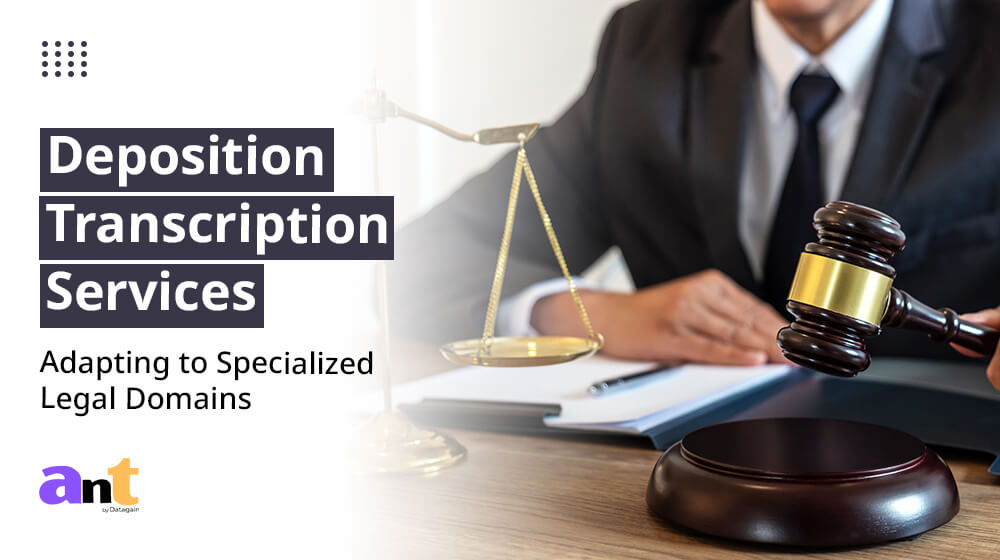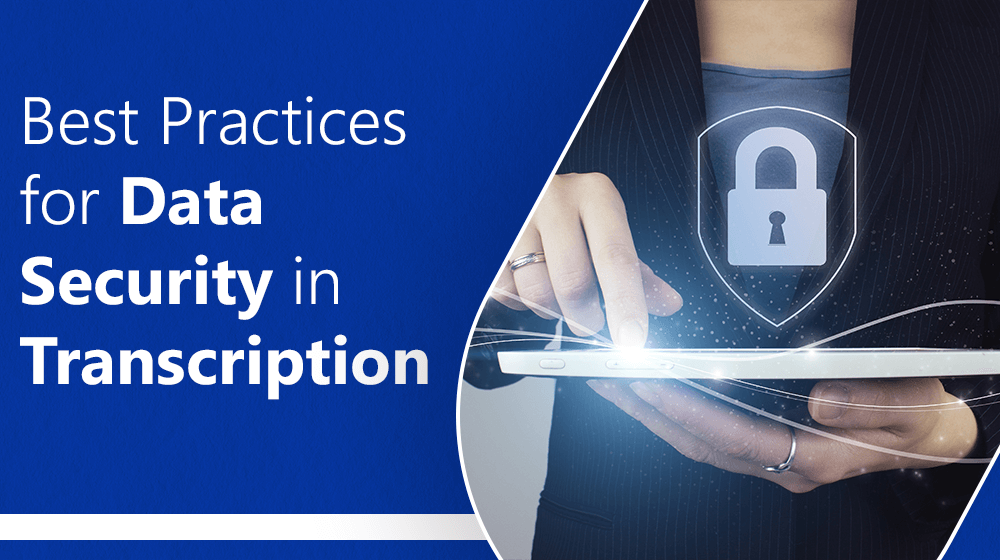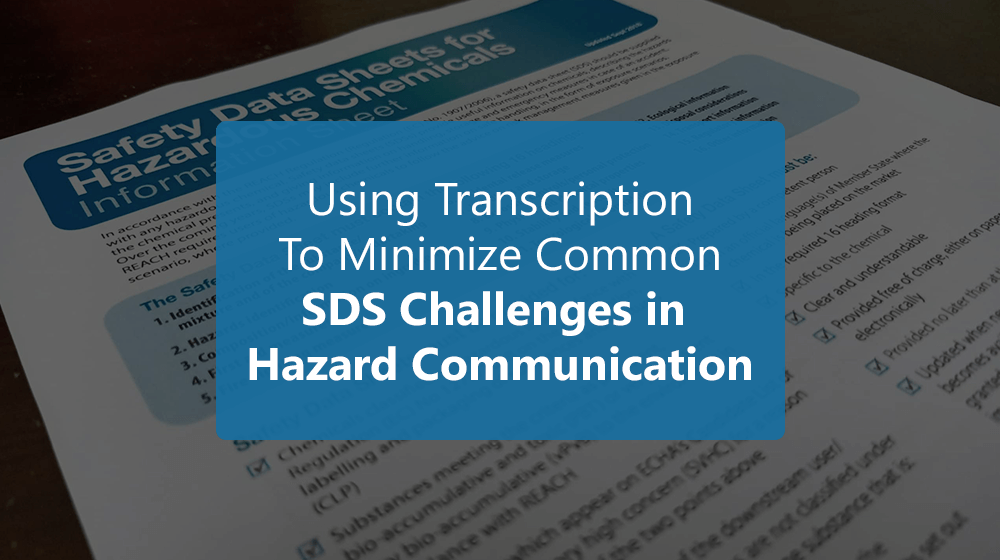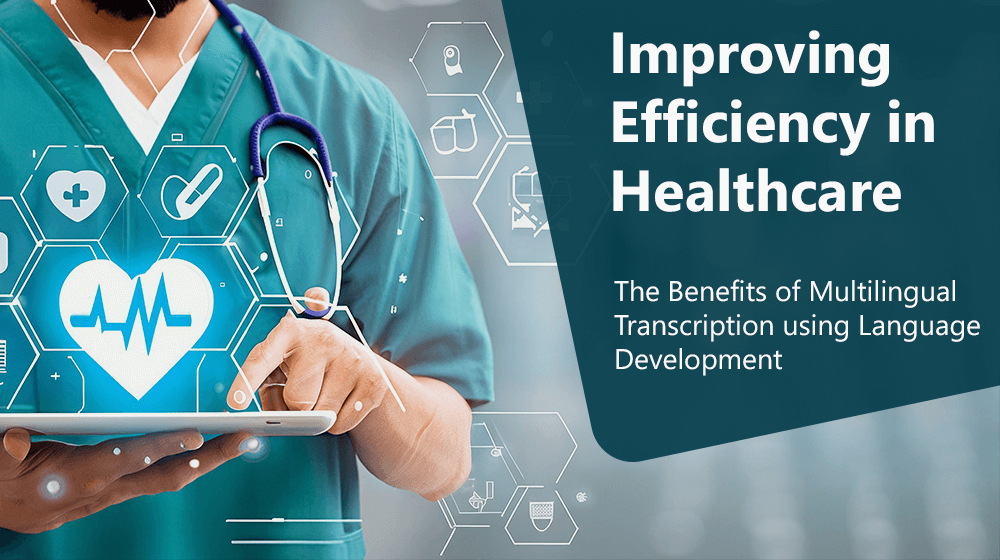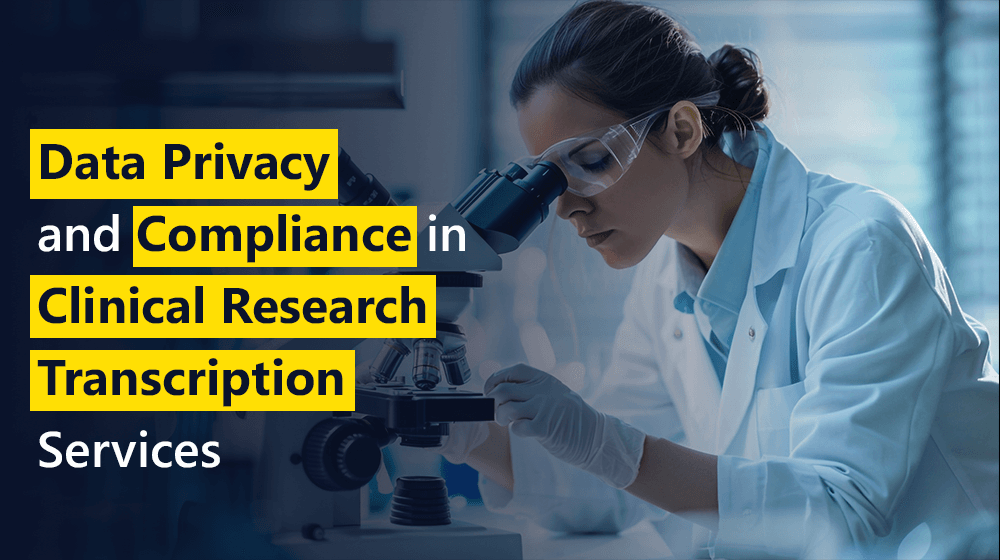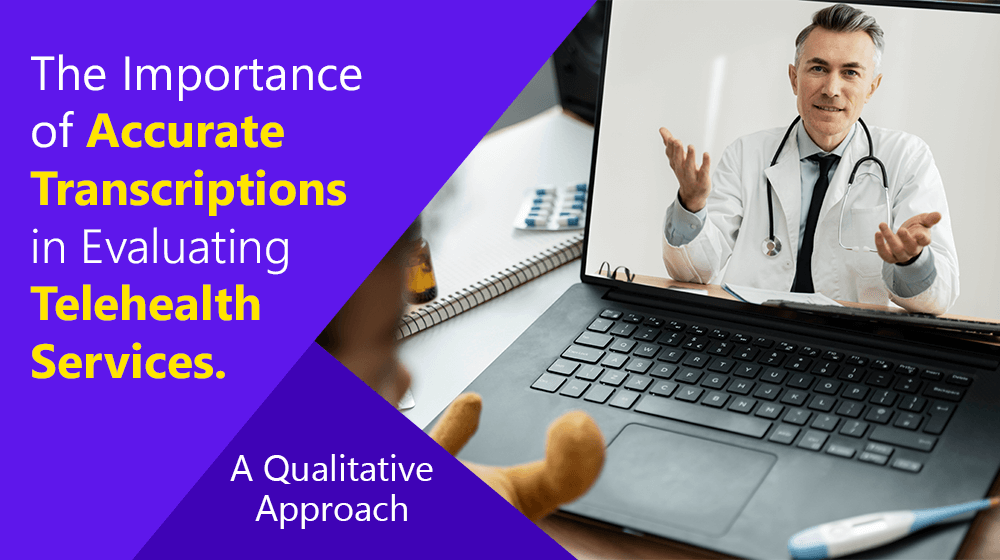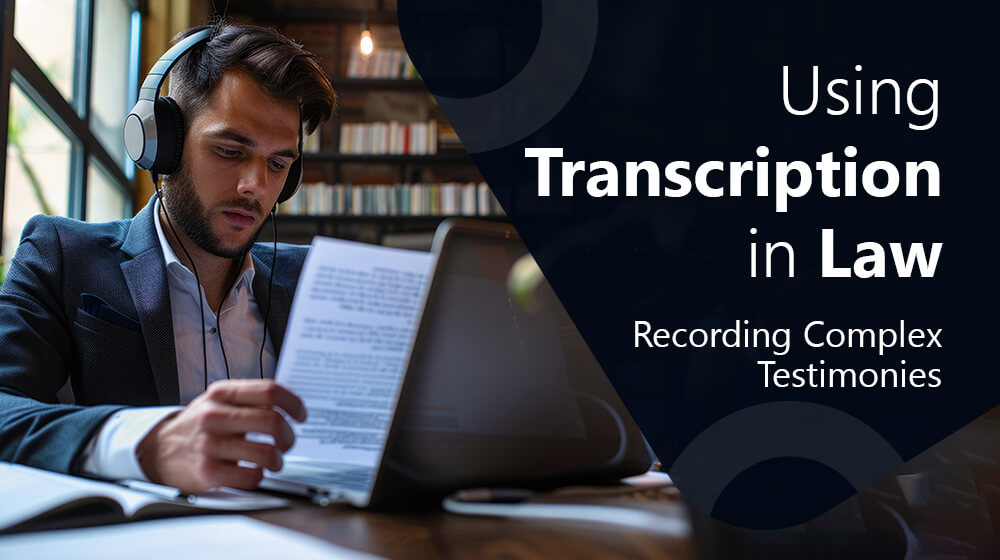Accurate transcription of legal documents helps in ensuring reliability and efficiency. This also applies to the deposition transcripts, acting as a foundational element in the litigation process. Explore more about the importance of deposition transcription services, technological aspects, and emerging trends.
The Importance of Deposition Transcription Services
Depositions are sworn out-of-court testimonies recorded for later use in court, research and case building.Deposition transcription services convert these testimonies audio to text for reference throughout the legal process, maintaining the integrity and accessibility of legal proceedings.
Ensuring Accuracy and Precision
Deposition transcription services require accuracy. Transcribers must excel in language, legal terminology, and distinguishing between speakers in high-pressure situations. Errors can lead to misunderstandings or misrepresentations, potentially altering legal proceedings.
Enhancing Accessibility and Searchability
Written transcripts are more accessible and searchable than audio recordings. Legal professionals can quickly locate specific statements or keywords within a transcript, aiding in case preparation and courtroom presentations. This efficiency helps attorneys build stronger, more cohesive arguments.
Adapting to Specialized Legal Domains
Legal transcription domains vary significantly, each with unique terminology, procedures, and nuances. Deposition transcription services must adapt to these specialized fields to ensure accurate and relevant transcriptions, maintaining the integrity of legal documentation across various sectors.
Medical Malpractice
In medical malpractice cases, deposition transcriptions must accurately capture complex medical terminology and descriptions of medical procedures, diagnoses, and treatments. Transcribers need to have a deep understanding of medical jargon to ensure that the testimony is correctly documented. Misinterpreting medical terms can lead to severe consequences, potentially affecting the outcome of a case.
Intellectual Property Law
Intellectual property (IP) law deals with the protection of inventions, designs, and artistic works. Depositions in this field often involve technical language related to patents, trademarks, and copyrights. Transcribers must be familiar with IP terminology and the specific language used in patent descriptions and claims to ensure that the transcripts are precise and clear.
Corporate Law
Corporate law encompasses a wide range of legal issues related to businesses and corporations, including mergers, acquisitions, and compliance. Deposition transcriptions in this domain require an understanding of corporate structures, financial terminology, and regulatory requirements. Accurate transcriptions are essential for documenting testimonies related to complex corporate transactions and legal disputes.
Criminal Law
In criminal law, deposition transcripts often involve detailed accounts of events, witness statements, and expert testimonies. Transcribers must be able to accurately capture the nuances of these testimonies, including the tone and context of statements. The accuracy of these transcripts can significantly impact the credibility of witnesses and the strength of the case.
Family Law
Family law cases, such as divorce and child custody disputes, often involve sensitive and emotionally charged testimonies. Transcribers need to handle these cases with care, ensuring that the transcripts are accurate and reflect the emotional context of the testimonies. This is crucial for legal professionals to effectively advocate for their clients’ interests.
The Role of Technology in Deposition Transcription Services
Technology enhances the efficiency and accuracy of deposition transcription services. Modern tools and software help transcribers capture and format testimonies more effectively. Key advancements in this field include:
Automated Transcription Software
Automated transcription software can quickly convert audio recordings into text, providing a rough draft for transcribers to review and refine. While these tools are not yet perfect and require human oversight to ensure accuracy, they significantly speed up the transcription process and reduce the workload for transcribers.
Speech Recognition Technology
Speech recognition technology has advanced considerably, enabling more accurate and reliable transcription of spoken language. This technology can differentiate between speakers and capture complex terminology, making it particularly useful in specialized legal domains.
Secure Cloud Storage
Secure cloud storage solutions allow legal professionals to store and access deposition transcripts remotely, enhancing accessibility and collaboration. These solutions ensure that sensitive legal documents are protected with robust security measures, maintaining confidentiality and compliance with legal standards.
Real-Time Transcription Services
Real-time transcription services provide immediate access to written transcripts during depositions, allowing legal professionals to review and reference testimonies on the spot. This can be particularly useful during long and complex depositions, where immediate access to transcripts can aid in questioning and cross-examination.
The Future of Deposition Transcription Services
Once you understand the importance of transcription in the legal domain, let’s explore the upcoming trends.Here are some trends and developments that may shape the future of this field:
Integration with Legal Practice Management Software
Integrating deposition transcription services with legal practice management software can streamline the workflow for legal professionals. This integration allows for seamless access to transcripts, case files, and other relevant documents, enhancing efficiency and collaboration.
Enhanced Quality Control Measures
Implementing enhanced quality control measures, such as multiple rounds of review and verification, can further improve the accuracy and reliability of deposition transcripts. This is particularly important in specialized legal domains where precision is critical.
Continued Advancements in AI and Machine Learning
Advancements in artificial intelligence (AI) and machine learning are likely to further improve the accuracy and efficiency of automated transcription tools. These technologies can learn and adapt to specific legal terminologies and contexts, providing more reliable and accurate transcripts.
Focus on Customization and Specialization
Deposition transcription services will increasingly focus on customization and specialization to meet the unique needs of different legal domains. By providing tailored solutions and specialized expertise, transcription services can better support legal professionals in building strong and effective cases.
Conclusion
Deposition transcription services are required in various specialized legal fields. As technology continues to evolve, professional providers blend AI tools with human translation for accurate and reliable results.
ANT Datagain, a leading industry provider, does the same. Contact us for the best-customized deposition transcription services tailored to your needs.

